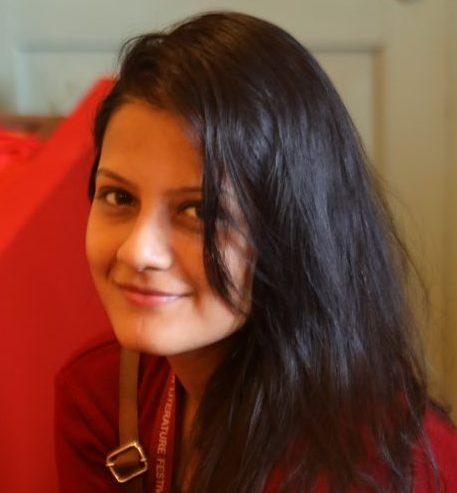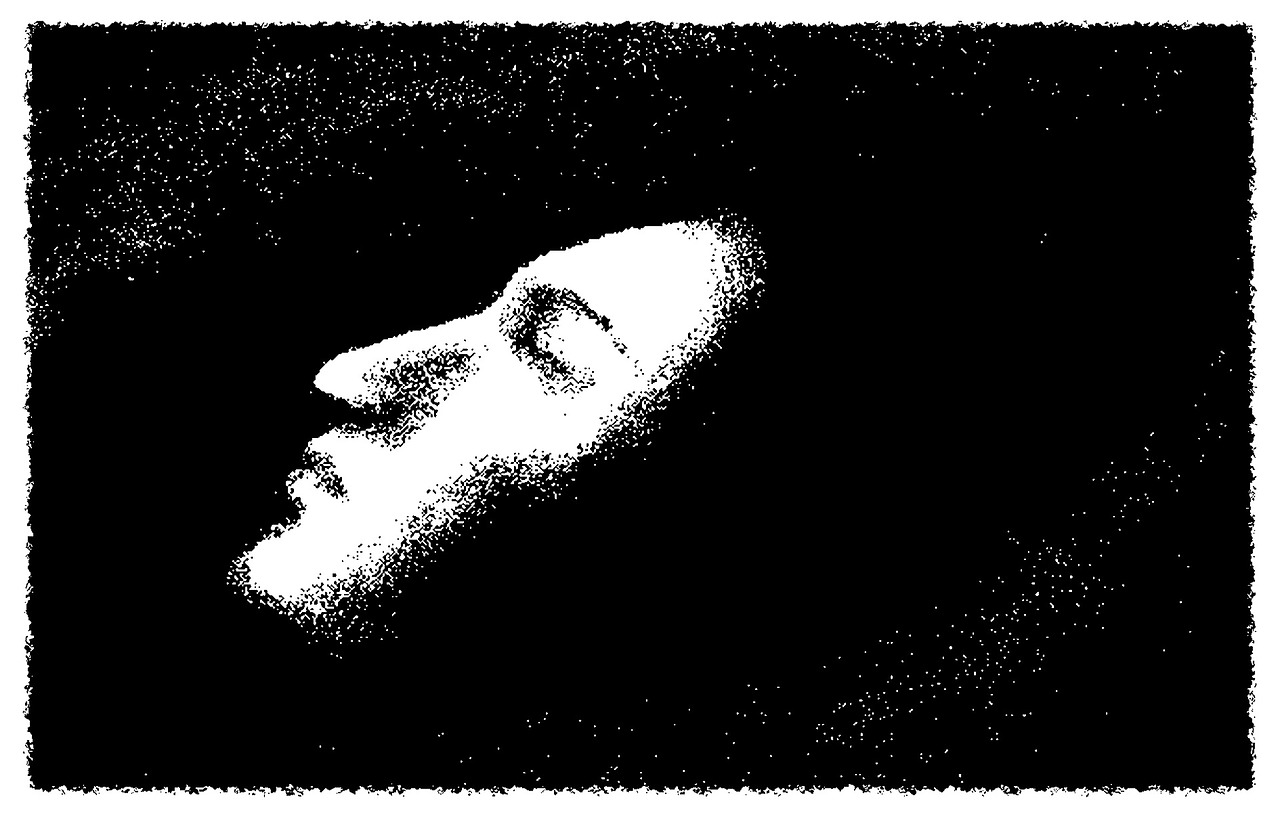Dr Jyotsna Joshi, sleep expert and former department head of Pulmonary Medicine at Mumbai’s Nair Hospital, is a stickler about sleep hygiene. So by 8 pm every evening, she is gadget free, her smartphone is plugged in outside her bedroom, and by 10 pm, regardless of whether she is home or on vacation, she is in bed. It’s because Dr Joshi knows that sleep is restorative and reparative like nothing else.
“We fall into the trap of less sleep and don’t realise its consequences because they’re not immediately apparent,” Dr Joshi says. But be warned, as irritability, memory lapses, cognitive decline, various aches and pains, and long-term cardiovascular problems are all a result of lack of sleep.
Sleep debt
“When you don’t sleep, you go into sleep debt,” she says. And contrary to popular belief, this debt can’t be covered by sleeping longer during the weekend.
If you don’t want the sleep debt to pile, here are a few dos and don’ts that the sleep expert advises:
Dos and Don’ts
Don’t: Consume heavy meals, alcohol, exercise, or screens three-four hours before sleep.
Do: Listen to light music or read. And when you feel drowsy, go to bed.
Don’t: Toss and turn. Get out of bed but stay off screens or anything that stimulates your brain and return when you feel sleepy.
Do: Develop a fixed sleeping and waking time, so that your body clock adjusts.
Don’t: Fret if you think you’re sleeping seven to eight hours but your quality of sleep is poor.
“There are two stages of sleep: Rapid Eye Movement sleep (REM) and Non-Rapid Eye Movement Sleep (Non-REM),” Dr Joshi explains. “In non-REM, there are three stages of sleep: light, delta and deep sleep. Deep sleep makes you feel that you’ve slept deeply but as we grow older, we lose the ability to experience deep sleep even when we sleep adequately.”
Do: See a doctor if insomnia persists for several weeks.
Along with chronic insomnia, Dr Joshi cautions about Obstructive Sleep Apnoea—characterised by obstruction of the upper airway during sleep.
Dr Jyotsna Joshi
Obstructive sleep apnoea is present to the tune of five per cent in India.
“So if you see an overweight individual who is unable to sleep at night, is drowsy, sleeping in the day, and snoring, you should suspect sleep apnoea.”
Don’t: Think sleep is passable, low priority.
“It’s good practise for doctors to take sleep history regardless of the chest, head pain you go to them for,” Dr Joshi says. So if doctors don’t ask, you should raise the topic of sleep yourself.
Do: Understand your own body and sleep cycle.
While modern science advises sleeping for eight hours at a stretch, our pre-industrialisation ancestors used to sleep in breaks, and Dr Joshi says, it’s okay if you do, too.
In the early 1990s, psychiatrist Thomas Wehr conducted an experiment in which he exposed a group of people to 14 hours of darkness every day. By the fourth week, people were sleeping in two phases. They slept at dusk for four hours, then woke for one to three hours before falling into a second four-hour sleep till dawn.
So if you have to work night shifts, try to segment your sleep so that your body still gets the required rest.
Regardless of whether you sleep at stretch or in breaks, remember that there is no substitute for sleep.
What makes you Thrive? Write to us at [email protected]


